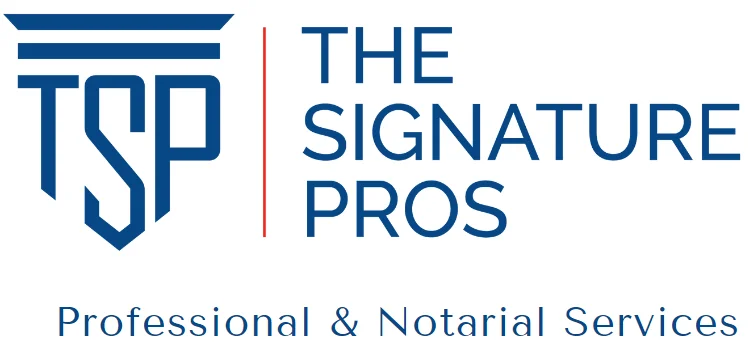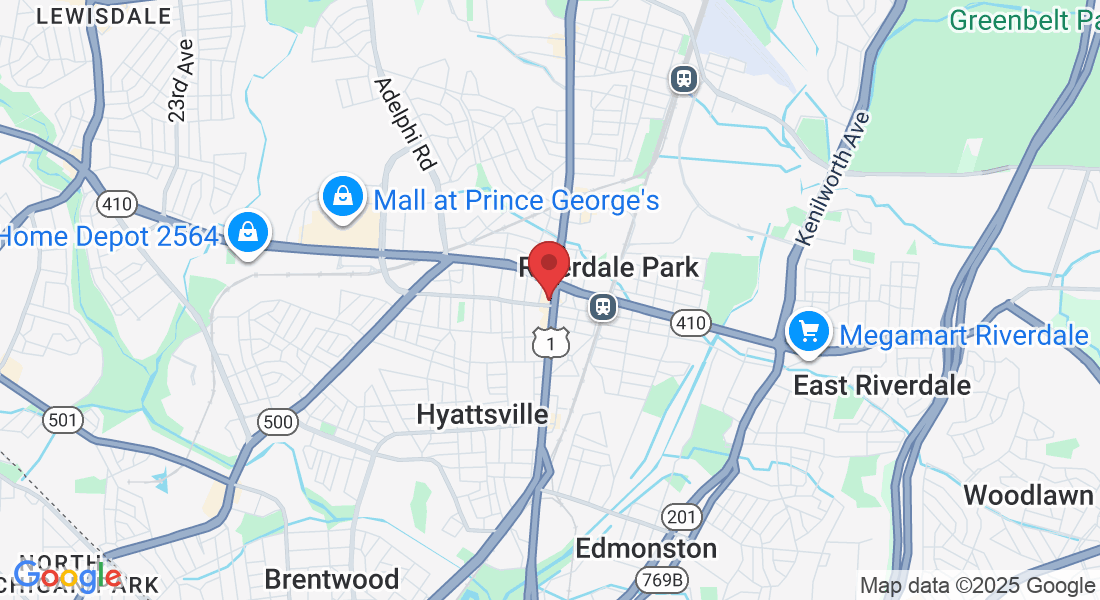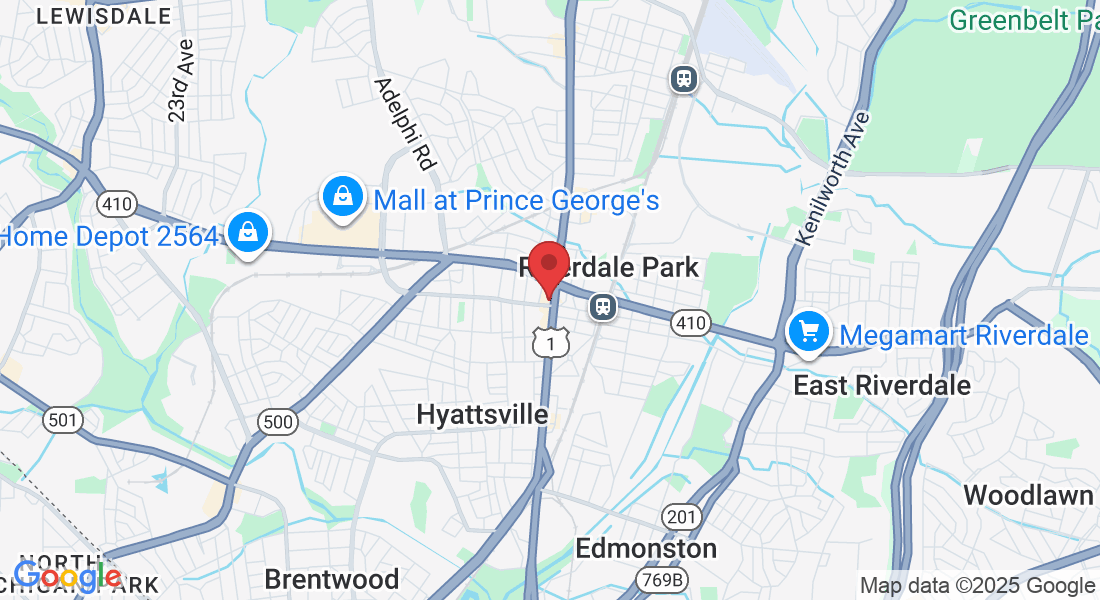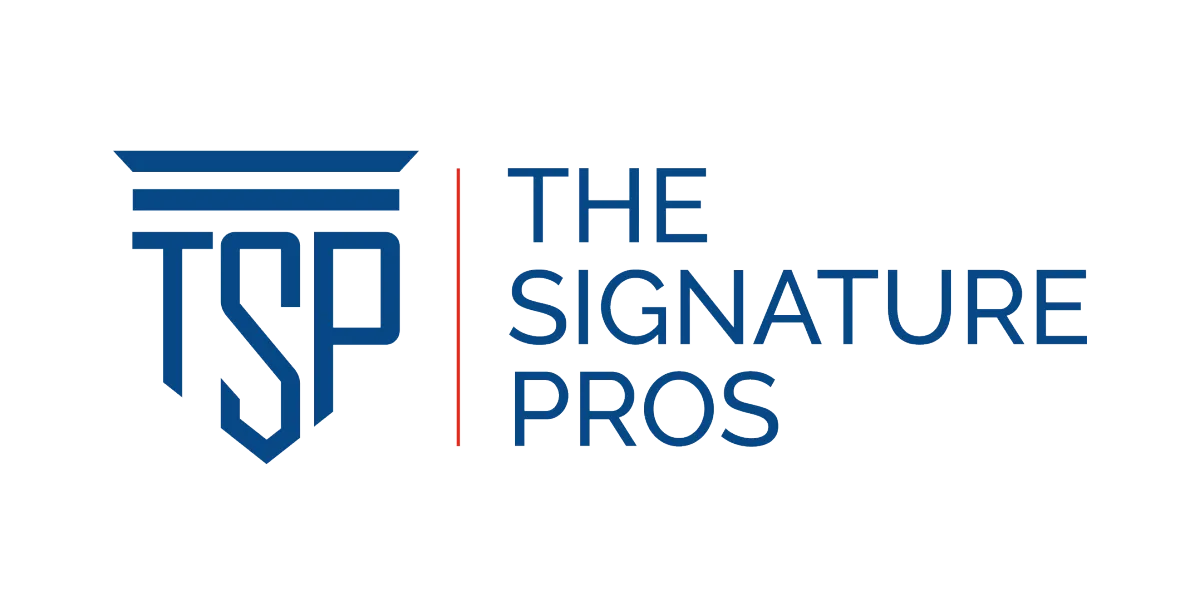
FBI Apostille & Authentication
We streamline the FBI apostille and authentication process from start to finish. Whether your documents are headed to a Hague or non-Hague country, our team ensures they meet the international standards required for acceptance abroad. From guiding you on proper submission to managing federal and embassy steps, we provide a reliable, accurate, and efficient legalization service tailored to individuals, businesses, and international professionals.
Why Choose Us?
Excellent Customer Service:
We are deeply committed to your complete satisfaction for every project. Recognizing the critical importance of clear and effective communication, our dedicated team is ready to support you throughout the entire process, ensuring a seamless and responsive experience.
Secured Document Handling:
We prioritize your confidentiality and the security of your documents through the implementation of a robust digital platform. This platform enhances the security of document sharing and communication, ensuring that your information remains confidential. With real-time tracking features, you can monitor the progress of each request, providing transparency and accountability throughout the process.
Rapid Delivery:
Time sensitivity is paramount in your communications, and we respect that your project may require urgency. Our efficient processes and committed team ensure that we meet your tightest deadlines, delivering high-quality results swiftly without ever compromising on the standard of our work.
Types of Legalizations
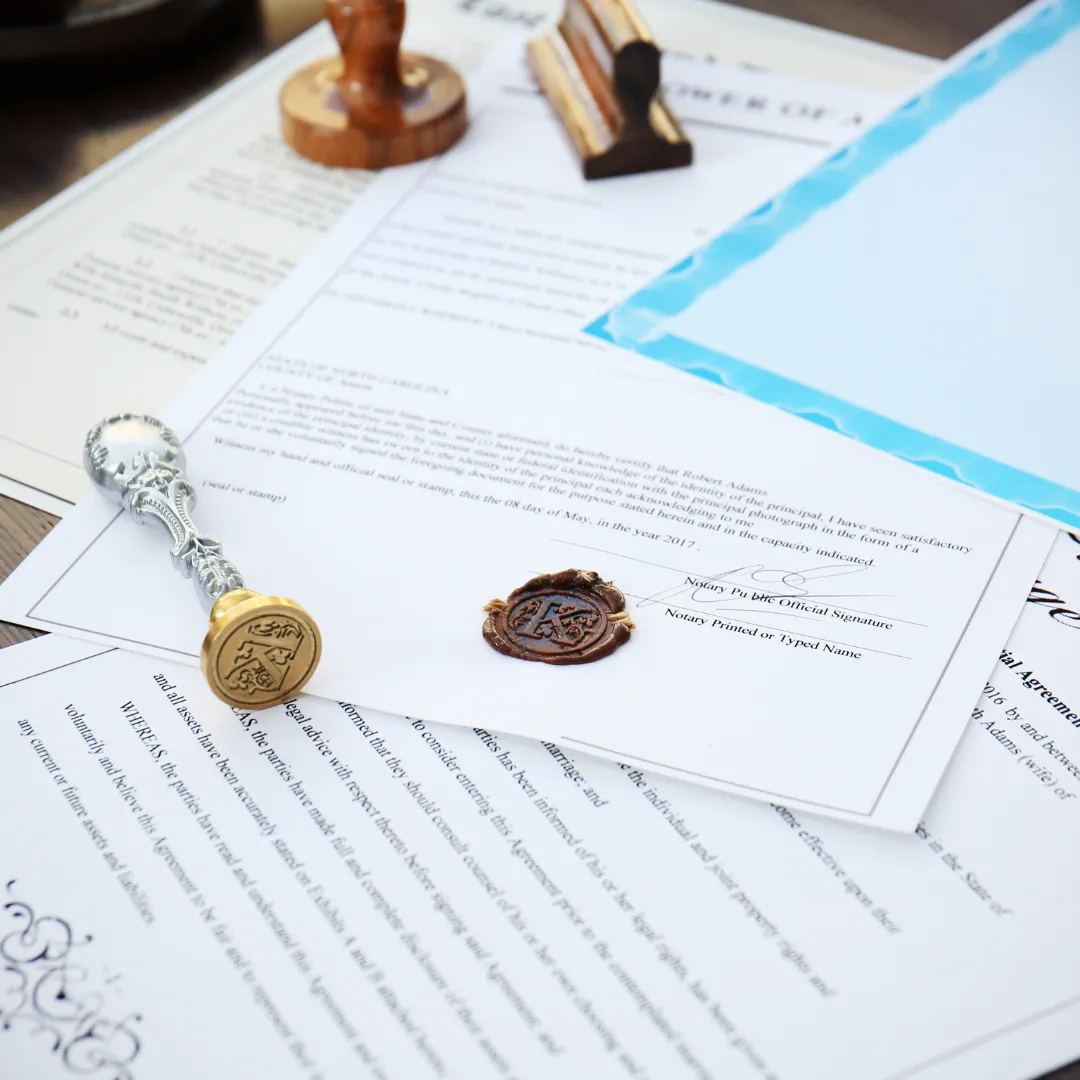
Authentication

A authentication is used for countries not part of the Hague Convention. This process, often more complex, involves multiple authentications by both state and federal authorities in the U.S., and embassy or consulate of the destination country.

Apostille: FBI Background Check
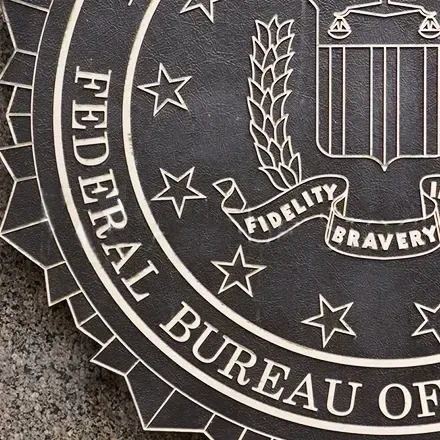
An Apostille for an FBI Background Check is an official authentication confirming the legitimacy of your federal criminal record. Issued by the U.S. Department of State, this apostille certifies the signature and authority of the official who processed your background check, ensuring its acceptance in countries that are part of the Hague Apostille Convention. Whether you're applying for visas, employment, or residency abroad, this authentication simplifies the process by validating your document for international use.

Legalization Simplified: Apostille
The Apostille process was created under the Hague Apostille Convention of 5 October 1961. The apostille replaces the traditional, multi-step legalization process with a single, standardized certificate. Today, more than 120 countries participate in the Convention, making apostilles one of the most widely used forms of international document authentication.
Why Apostilles Are Necessary?
When public documents—such as birth certificates, marriage certificates, divorce decrees, power of attorney documents, educational records, corporate filings, patents, court judgments, or FBI background checks—must be used overseas, foreign governments need proof that the document is genuine. Before the Convention existed, this involved a time-consuming “chain authentication” through multiple agencies and embassies.
The Apostille Convention removed this burden by establishing one universal certificate that is recognized across all member countries.
How the Apostille Convention Simplified the Process
Before 1961, a person would often need:
State or national certification
Authentication by a federal authority
Legalization by the foreign embassy or consulate
This could take weeks or even months.
Now, if a document is being used between two Hague Convention countries, the process is reduced to one step: obtaining an apostille from the appropriate authority in the country where the document originated.
This single-step system:
Saves time
Reduces cost
Eliminates redundant government approvals
Ensures uniformity across borders
Today, millions of apostilles are issued every year, supporting international mobility for individuals, students, families, and global businesses.
Common Reasons People Need an Apostille
Apostilles are essential for:
FBI Background Check
International adoption
Employment or work visas
Immigration and residency applications
Study abroad or foreign credential evaluation
Marriage overseas
Business formation or corporate transactions
Real estate transactions abroad
Personal legal matters
Document transfers between multinational organizations
If the receiving country belongs to the Hague Convention, an apostille is the only certification needed.
Complexities of Legalization: Full Legalization of Documents
Authentication is the process used to verify the legitimacy of a U.S. public document so it can be legally recognized in a non-Hague Convention country. When a country is not part of the Hague Apostille Convention, the document cannot receive an apostille; instead, it must go through the authentication and embassy legalization process.
Authentication confirms:
1) The authority of the official who signed or notarized the document
2) The authenticity of the signature
3) The validity of the seal or stamp
That the document meets the requirements of the U.S. Department of State and the destination country’s embassy or consulate
Once a document is authenticated, it can be presented to the foreign embassy or consulate for its final legalization step. This multi-step process is required for documents being used in non-Hague countries for purposes such as employment, residency, marriage abroad, business formation, adoption, education, and personal legal matters.
Why Authentication Is Required
Authentication is necessary when:
You are sending documents to a country that does not accept apostilles
A foreign government requires U.S. Department of State certification
An embassy or consulate must validate the document before it can be used overseas
The destination country mandates a multi-step legalization process instead of a single-step apostille
Countries such as the United Arab Emirates (UAE), China, Qatar, Kuwait, Egypt, and many others require authentication followed by embassy legalization—not an apostille.
Documents Commonly Requiring Authentication
FBI background checks
Vital records (birth, marriage, death certificates)
Court orders and decrees
Corporate documents
Diplomas, transcripts, and educational records
Notarized private documents (affidavits, powers of attorney, letters, etc.)
Get Your Free Quote
Whether you need your documents recognized internationally through an apostille for Hague Convention countries or authentication for non-member countries, our team is here to assist. Simply submit your document details, and we'll provide you with a no-obligation quote tailored to your specific needs. Fast, accurate, and hassle-free, our service ensures your documents are prepared and processed with utmost precision and efficiency.
Disclaimer: We do not advise what documents should or should not be legalized nor do we construct documents to be legalized. Our clients must have a fully constructed document and know whether the document needs to be legalized. Our responsibility is to properly execute the legalization process for the document(s) that are presented to us according to governing entities that oversee the legalization process.



